In this article, I discuss how to identify thought patterns called negative core beliefs which often play a role in many psychological issues.
In my work as a Calgary psychologist and a Cochrane psychologist, much of my focus in helping clients is on identifying and changing negative thought patterns which contribute to their emotional distress. This ‘cognitive restructuring’ work typically entails examining clients’ negative thoughts in response to particular situations and events in their everyday lives.
However, on some occasions I help my clients address negative thinking patterns which are rooted in their pasts. These are long-standing negative views about themselves, other people in their lives or their world. These negative views usually originate from clients’ difficult experiences and predispose them to think negatively about themselves, other people or their world in the present.
Negative core beliefs, as these thinking patterns are called, are many times the reason for a person’s negative thinking tendencies in the present and play a major role in causing and maintaining various psychological issues including depression, the anxiety disorders, substance use disorders and eating disorders. In the following sections I will provide examples of negative core beliefs, point out their key defining features, then discuss how you can determine whether particular negative core beliefs are affecting your thinking and emotional well-being.
Examples of negative core beliefs
Common negative core beliefs about oneself include, “I am worthless”, “I am inadequate” and “I am a failure”. Common negative core beliefs about other people include, “People will hurt me”, “People are malicious” and “People cannot be trusted”. Common negative core beliefs about the world include, “The world is dangerous”, “The world is unfair” and “The world is scary”.
Features of negative core beliefs
Note from the examples the key features of negative core beliefs. One is that that they are very absolutistic or all-or-nothing in nature. That is, they do not vary based on specific situations.
However, even though core beliefs are not situation-specific, they will typically point a person’s thinking in a negative direction consistent with them in specific situations. For example, a person will be prone to having thoughts of being worthless in relationships, at work and in other situations if they have the core belief, “I am worthless”. Someone will likely think that people cannot be trusted in various situations in which they interact with people if they have the core belief, “People cannot be trusted”. Similarly, they will be prone to thinking that the world is unfair in many situations if their core belief is that the world is unfair.
Negative core beliefs are typically self-sustaining in that the individual is biased in looking for information in specific situations which supports their core beliefs and disregards information which is inconsistent with them. For example, a person who has the core belief that they are inadequate will tend to focus on information in a situation which supports this belief, interpret ambiguous information in a manner which allows this core belief to be supported and overlook information which might contradict the belief that they are inadequate.
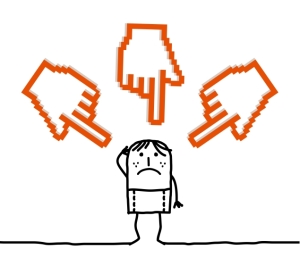
How to identify your negative core beliefs
The best way to determine if you have negative core beliefs is to notice themes in your thinking. That is, if in many different situations you tend to think in an absolutistic negative way about yourself, other people or the world, it suggests that a core belief may be operating.
For example, if at work, in relationships and in other domains you commonly notice having beliefs in response to events such as “I am a failure”, “People are untrustworthy” or “The world is unfair” this would suggest that core beliefs of those types may be affecting your thoughts and emotions. As a specialist in cognitive behavioural therapy (CBT), I help my clients to discover their negative core beliefs by looking for themes in the thoughts which enter their minds in situations by writing down their thoughts in a commonly used CBT tool called a thought record.
Given that core beliefs are associated with strong emotion, another sign that core beliefs may be present is your experiencing strong emotional reactions in situations, particularly if the reaction appears out of proportion to events.
Finally, another sign that core beliefs may be present is your having difficulty in accepting or believing positive information or evidence about yourself, others or the world. The reason is that, as I mentioned, having a deeply rooted negative core belief makes it very difficult to accept information which contradicts it.
Getting some help in identifying your negative core beliefs
Working on identifying possible negative core beliefs can be a challenge both in terms of accurately pinpointing your negative core beliefs and in managing the strong emotional reactions associated with these beliefs. As a result, you may find it beneficial to work with a psychologist who specializes in CBT as you embark on this journey.
In my next article, I will discuss techniques you can use to change your negative core beliefs once you have identified them.
May you identify your negative core beliefs as the first step toward changing them,
Dr. Pat

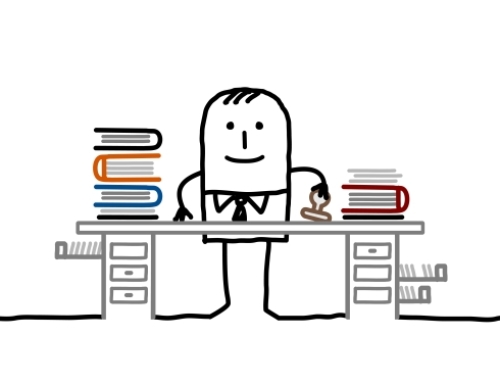
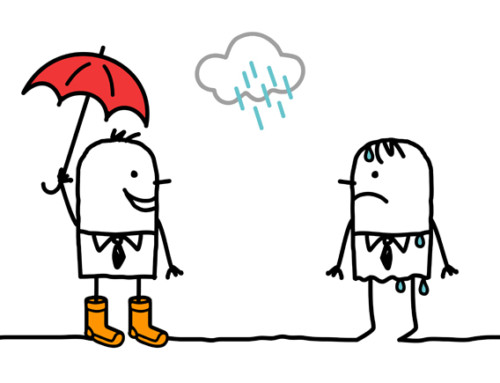
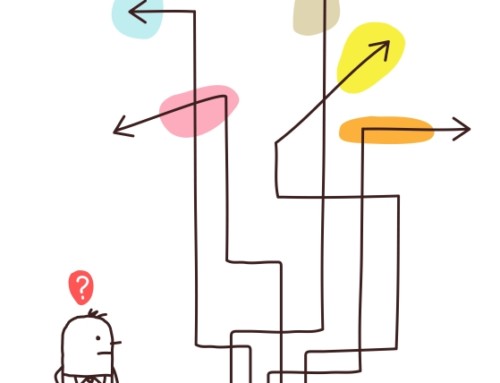
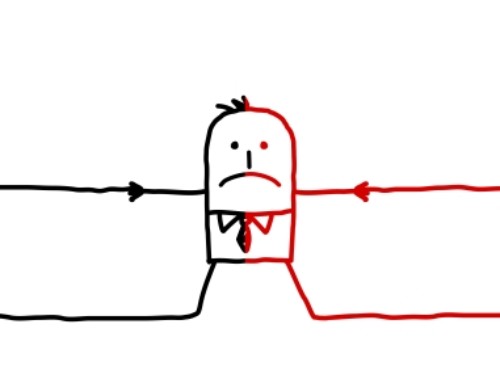
I find it very helpful with the information on your website. Thank you very much. If I may, I would like to include a link to this article in a post I wrote on my personal blog. Greetings from Indonesia :)